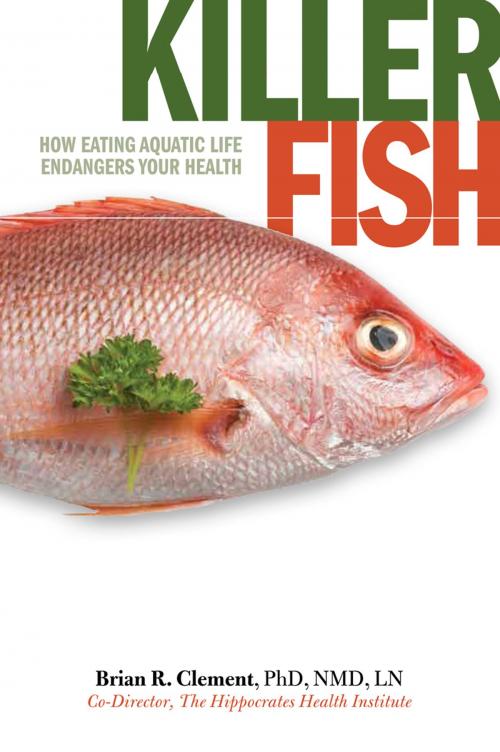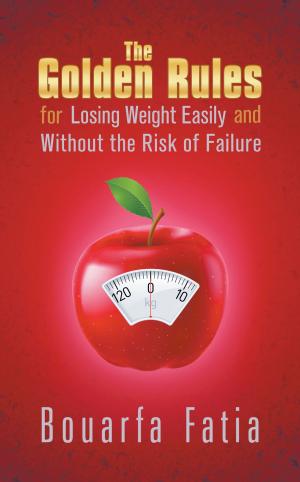Killer Fish
How Eating Aquatic Life Endangers Your Health
Nonfiction, Health & Well Being, Health, Healthy Living| Author: | Brian Clement | ISBN: | 9781570679247 |
| Publisher: | Book Publishing Co. | Publication: | December 15, 2009 |
| Imprint: | Hippocrates Publications | Language: | English |
| Author: | Brian Clement |
| ISBN: | 9781570679247 |
| Publisher: | Book Publishing Co. |
| Publication: | December 15, 2009 |
| Imprint: | Hippocrates Publications |
| Language: | English |
People the world over are eating more fish than ever before. Many mainstream nutrition experts claim that fish are healthful alternatives to red meat and dairy products because of their omega-3 fatty acid content. However, the contamination of fish species by industrial and consumer pollutants is posing an increased risk to human health. Widely held beliefs about the safety of eating aquatic creatures is challenged in these pages by a range of evidence about the many toxins, particularly mercury and polychlorinated biphenyls (PCBs), that travel up the food chain into both farmed and wild fish and then into the humans who eat them. The book also examines the ethical dimension of human conduct and cruelty toward other forms of life and the extent to which an animals intelligence should determine whether we eat them.
People the world over are eating more fish than ever before. Many mainstream nutrition experts claim that fish are healthful alternatives to red meat and dairy products because of their omega-3 fatty acid content. However, the contamination of fish species by industrial and consumer pollutants is posing an increased risk to human health. Widely held beliefs about the safety of eating aquatic creatures is challenged in these pages by a range of evidence about the many toxins, particularly mercury and polychlorinated biphenyls (PCBs), that travel up the food chain into both farmed and wild fish and then into the humans who eat them. The book also examines the ethical dimension of human conduct and cruelty toward other forms of life and the extent to which an animals intelligence should determine whether we eat them.















